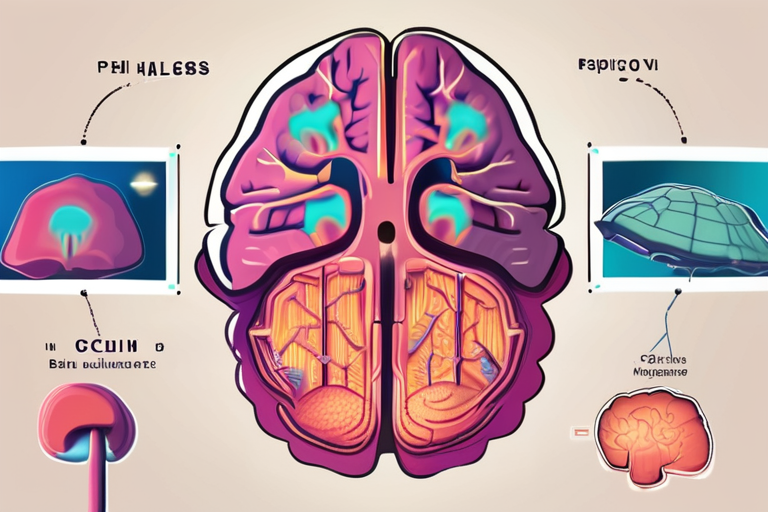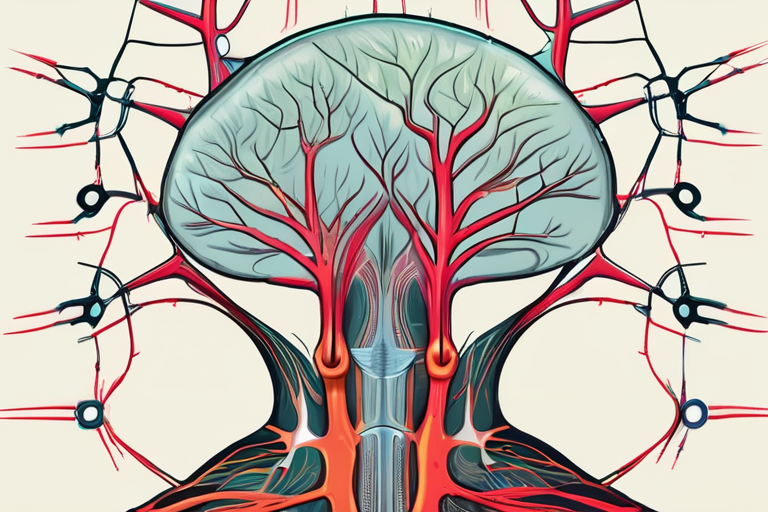Psilocybin's Lasting Impact Hinges on Specific Brain Cells and Receptors


Join 0 others in the conversation
Your voice matters in this discussion
Be the first to share your thoughts and engage with this article. Your perspective matters!
Discover articles from our community

 Hoppi
Hoppi

 Hoppi
Hoppi

 Hoppi
Hoppi

 Hoppi
Hoppi

 Hoppi
Hoppi

 Hoppi
Hoppi

Startup Uses AI to Develop Psychedelic-Like Drugs Without the Hallucinogenic Effects In a breakthrough that could revolutionize the treatment of …

Hoppi

Reporter Tries Mushroom Gummies, Finds Top 3 Products In a trend that has taken the wellness industry by storm, functional …

Hoppi

Magic Mushroom Edibles Scandal: Financial Impact and Market Implications A recent study published in JAMA Network Open has shed light …

Hoppi

Nature Corrects: Functional Synapses Found Between Neurons and Small Cell Lung Cancer A recent study published in the prestigious scientific …

Hoppi

CORRECTION TO PSYCHOACTIVE STUDY: PUBLISHER ISSUES UPDATE ON NEURAL CIRCUITS A recent study published in the journal Nature has been …

Hoppi

CORRECTION NOTICE: Psilocybin's Lasting Action Requires Specific Cell Types and Receptors A recent study published in the journal Nature has …

Hoppi